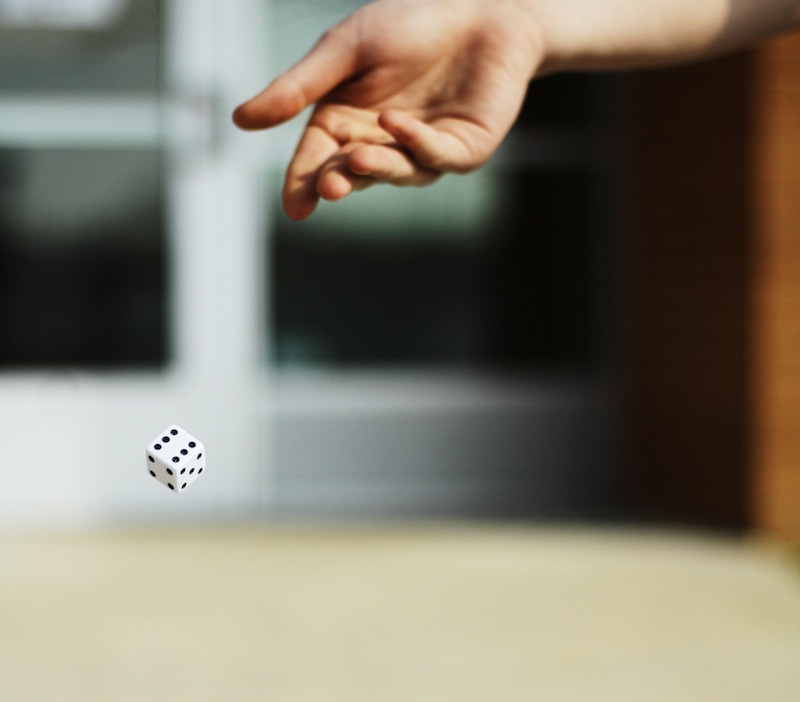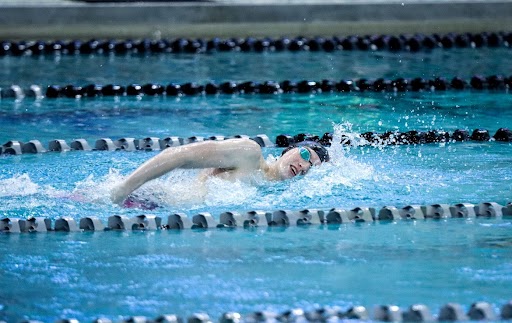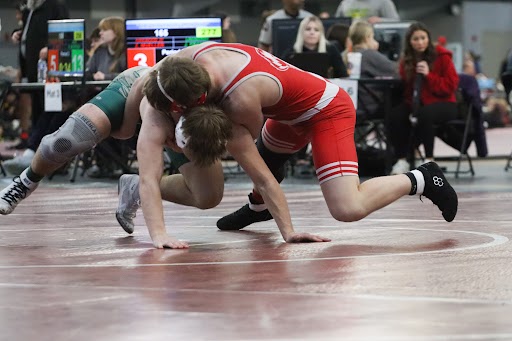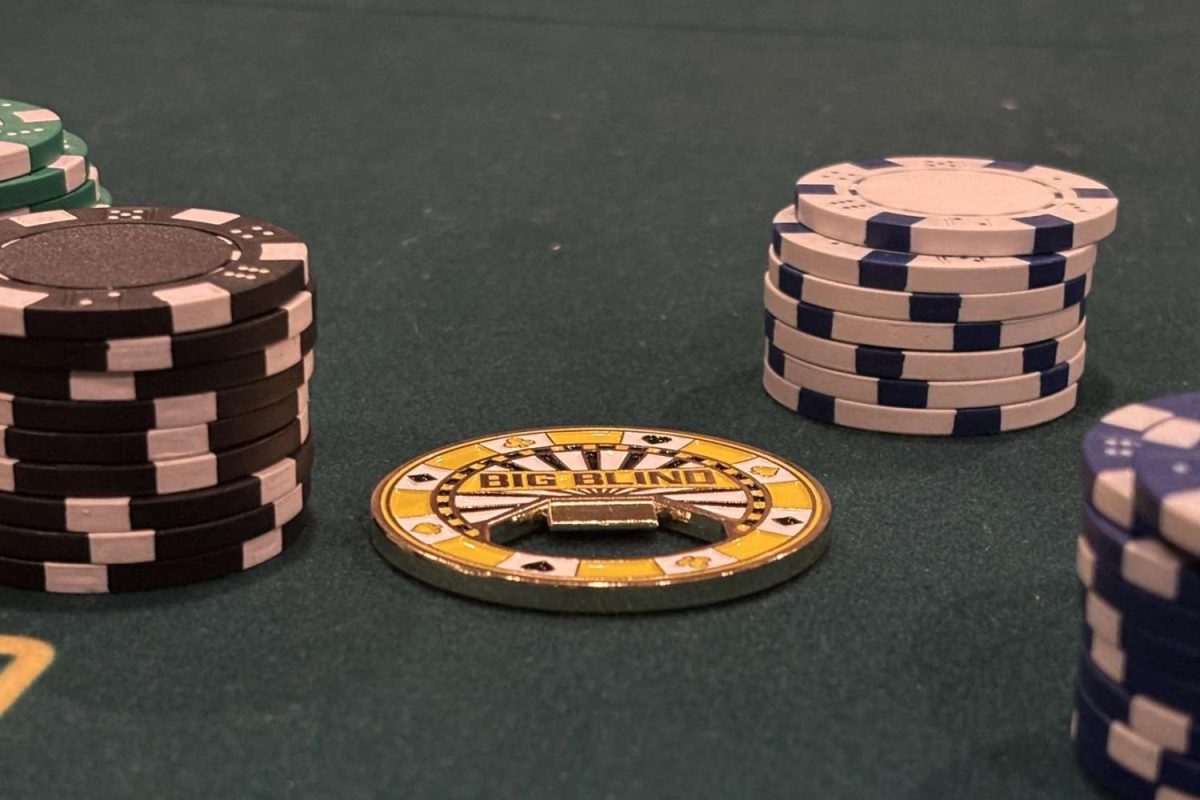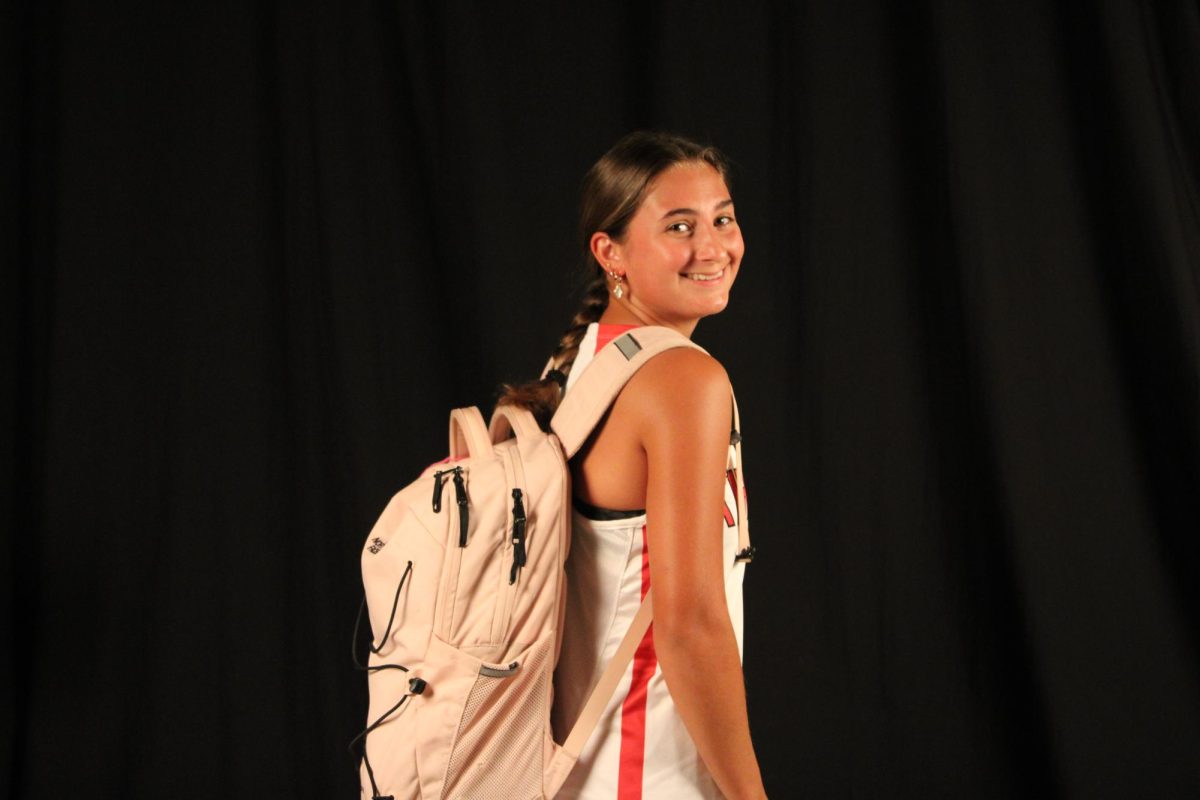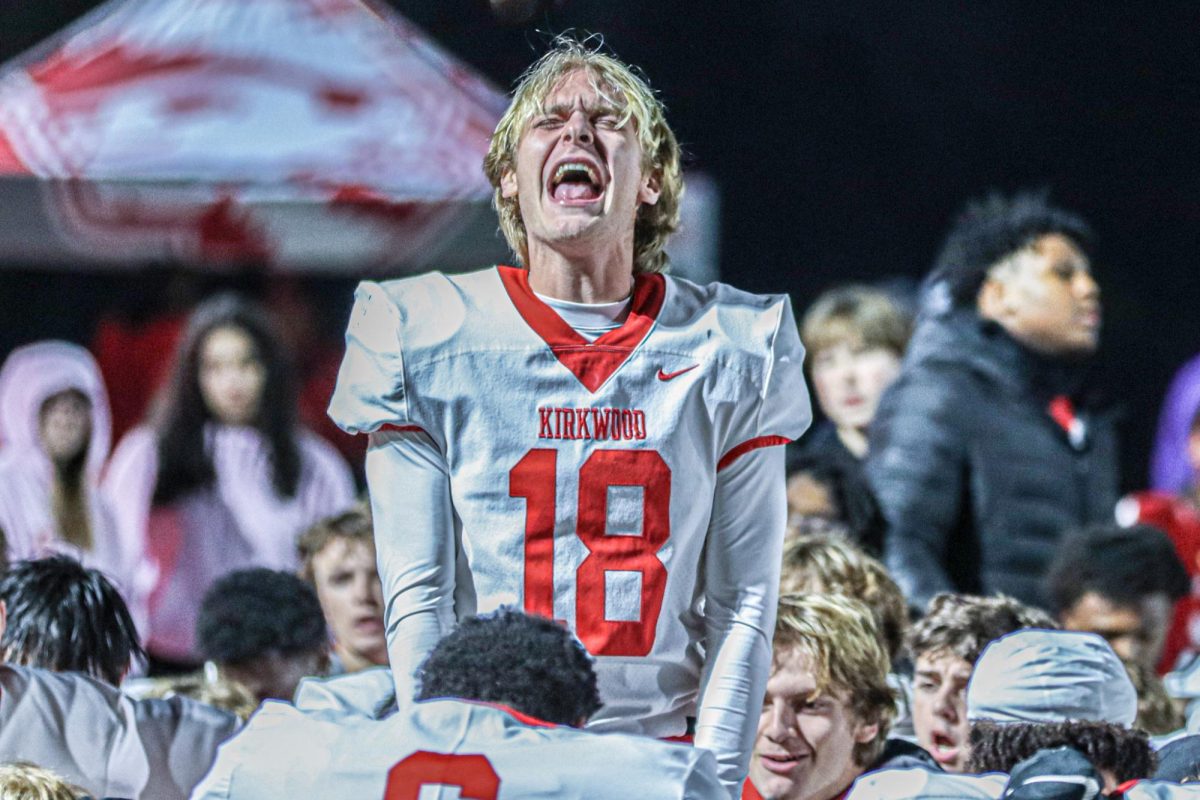In a few weeks, some students and teachers will fill out the once-a-year March Madness tournament brackets as a form of competition. Some might even bet money on particular teams in each round and who will win the tournament. This brings the question, however: how does KHS treat gambling?
The handbook assigns gambling the same consequence as harassment: 1-3 day in-school suspension for the first offense. According to the KHS Inappropriate Behavior policy, bets on outcomes of games, assignments, contests and activities, regardless of stakes involved, are not allowed. However, if anyone at KHS gambles, they rarely get caught, or they do it off of school grounds.
“Out of the 10 years I have been here, a couple of kids got caught rolling dice in the bathroom,” Jeff Townsend, athletics director, said. “That’s the only time I have heard about anyone getting in trouble for gambling.”
According to Mike Wade, assistant principal, the gambling rule being a level three offense is necessary. He believes it was drawn up to prevent worse offenses that are level four or five.
“If I were to bet on a game for $100, I lose and I do not pay the person back, the person might want to pick a fight,” Wade said. “That person committed a more severe offense, and I could file for assault. That type of gambling leads to problems.”
The handbook does not, however, clarify if consequences will be given to a teacher if they were to gamble. According to Randy Kriewall, math teacher, teachers have participated in a NCAA March Madness pool and filled out brackets for money, but he does not have a problem with it. Kriewall admits he used to be involved in the pool and stopped five years ago because he lost interest.
“I participated just for the fun,” Kriewall, former KHS basketball coach, said. “Back when I was coaching, I loved watching and following college basketball. I would fill out four or five brackets, but now I will fill one out just to amuse myself and not make bets.”
Kriewall believes adults are at a different maturity level than students, so the rule should not punish teachers for betting on March Madness. Adults can take on the responsibility of gambling and controlling their urges. Students could make unnecessary bets, and if they were to lose the bet, they could struggle to pay it back. That could lead to violence for not paying off the bet. Plus, other problems such as skipping class could erupt due to gambling.
“It’s the school’s job to protect the kids from situations like that,” Kriewall said. “The intent of the rule is to protect the weaker students who can be taken advantage of. The school has to think about the least common denominator.”
According to a male teacher, betting on a once-a-year event for a small amount of money does not seem to be a problem. He thinks betting $25 on a team winning the NCAA tournament should be acceptable. It depends on how many times anyone, including teachers, gambles that should determine the consequences.
“I have nothing against it, but everyone has an addiction,” the male teacher said. “If you put yourself in the situation where you might get in trouble, then keep out.”
Townsend believes if a student does anything to distract others during school, then a rule should made to prohibit that particular action, including gambling. In his opinion, teachers should not be included in the rule because they can make small bets on certain events such as the March Madness pool, keep out of trouble and do not disrupt the education of students. However, he does think the level three offense is an outdated and old rule.
“Our administration is smart enough to know if someone was running a gambling ring,” Townsend said. “Someone can get in trouble for handing out [March Madness] brackets to make picks not involving money during school, but it’s hard to believe they will get suspended for it. It’s common sense.”


